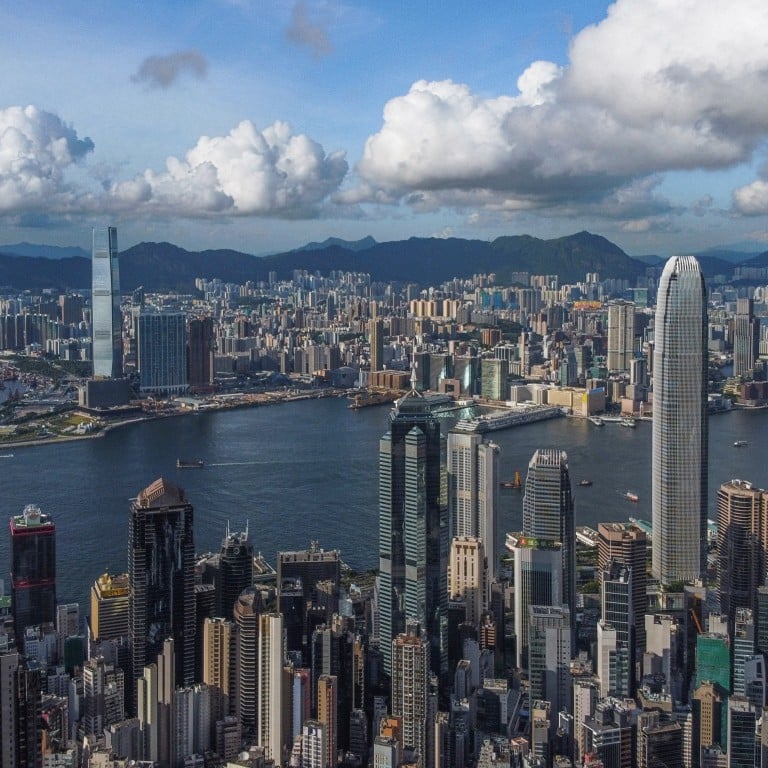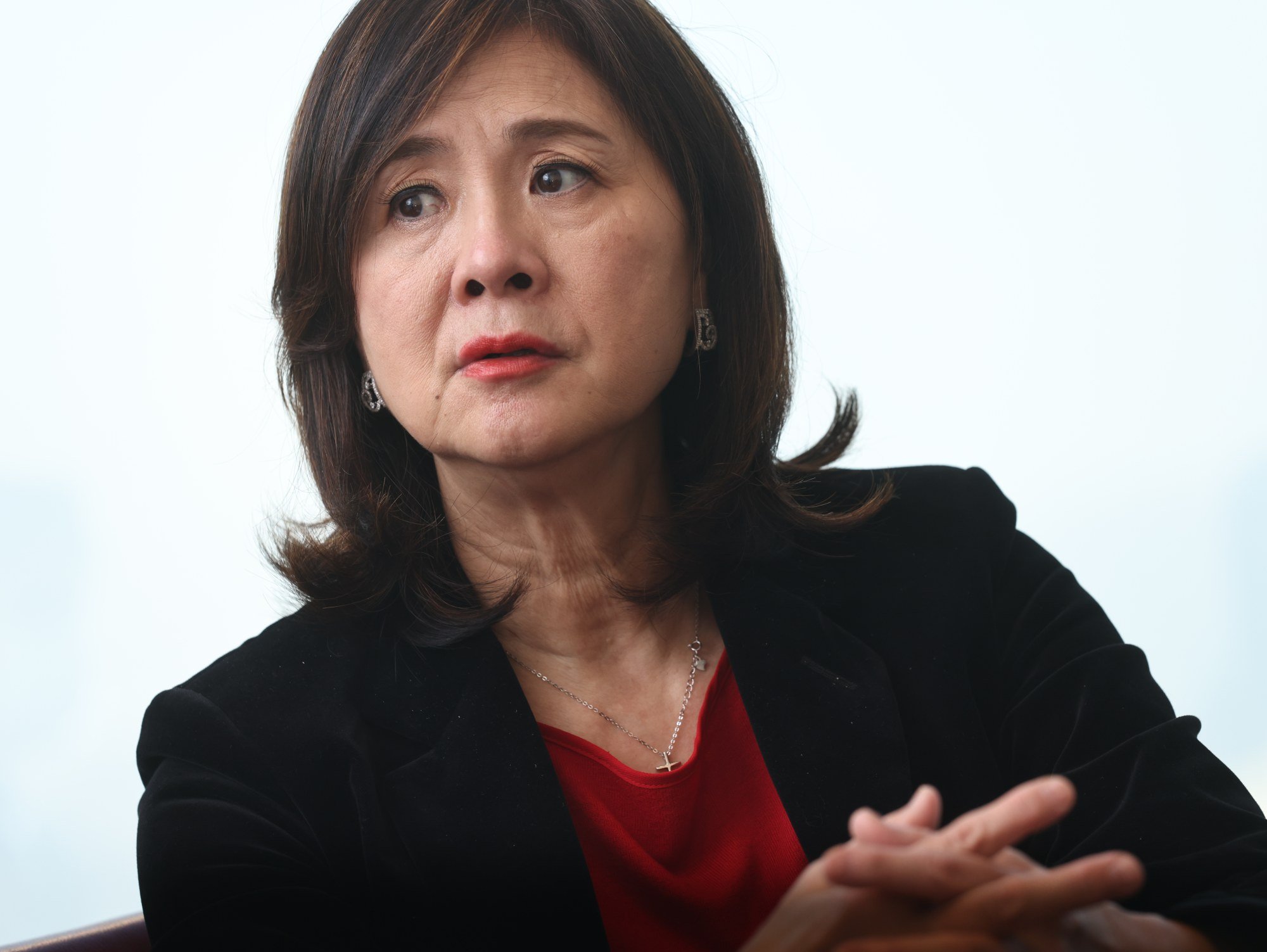
Exclusive | Wealthy families from Middle East, Europe keen to set up family offices in Hong Kong, UBS boss says
- Many Middle Eastern investors are interested in setting up family offices in Hong Kong due to the opportunities in the Greater Bay Area, says Amy Lo, UBS’ Hong Kong head
- Government must introduce more policies and offer more tax incentives to attract talent, family office head says
Wealthy clients from the Middle East, Europe and Asia are interested in setting up family offices in Hong Kong because of the government’s new initiatives and opportunities in the Greater Bay Area, according to a top UBS executive.
“From my trip to the Middle East in February, a number of investors that I met have shown interest in setting up their family offices here in Asia, particularly in Hong Kong, because they are drawn to the opportunities in the Greater Bay Area,” said Amy Lo, co-head of wealth management for Asia-Pacific at UBS and Hong Kong CEO.
The government organised the summit, which attracted more than 100 overseas tycoons and family office operators, to show the city was back to normal after three years of disruption caused by the pandemic. A range of initiatives were unveiled to promote the city as a family office hub.

The policies include a revamped investment-migration scheme, tax incentives and the creation of art-storage facilities at the airport.
“UBS has proactively reached out to families to introduce the new policies and discuss what it means to them, how they can benefit and help them preserve wealth and legacy,” Lo told the Post in an exclusive interview, adding that the measures touch on issues close to family offices such as investing, art and philanthropy.
Thailand’s wealthiest clan mulls setting up Hong Kong family office
“We are confident that these initiatives will positively shape Hong Kong’s development as an international centre for family offices.”
Financial Secretary Paul Chan Mo-po in his budget in February announced the government would allocate HK$100 million (US$12.8 million) to promote family offices, while in October, Chief Executive John Lee Ka-chiu set a target of attracting 200 large family offices to the city by 2025.
Lo said the Hong Kong government’s promotion came at the right time as many wealthy families in the West, Middle East and Asia are eyeing new markets to invest their wealth.
“We have seen more diversification in our clients’ investments, particularly into alternatives, such as private markets and hedge funds, and across different markets,” she said.
“We will continue to see the shift of investments from all over the world to Asia where growth is.”
The Asia-Pacific economy is expected to grow at 4.3 per cent in 2023, while mainland China’s gross domestic product is expected to grow at 5.4 per cent this year, according to forecasts from UBS. The Chinese government has set a growth target of around 5 per cent of the nation’s economy for 2023.
Hong Kong holds on to fourth place in global financial centre rankings
Patrick Tsang, chairman of Tsangs Group, who set up a family office in Hong Kong in 2010 with a focus on innovation and technology investments globally, urged the government to offer more tax incentives and introduce more measures to attract talent.
“To attract more family offices to Hong Kong, the government is on the right track, but it could do more [such as offer] more tax incentives, and make it easier not just for business owners but also for the people that they hire from overseas to get them to come over,” Tsang said. “We need to showcase the Greater Bay Area’s attractiveness.”
Beijing introduced the Greater Bay Area project in February 2019 to turn nine cities in southern Guangdong province, Hong Kong and Macau into an integrated economic powerhouse.
Tsangs Group will continue to be based in Hong Kong and tap China and the Greater Bay Area, highlighting the importance of Hong Kong as a superconnector between China and the world.
“The government should work on promoting the [potential] of the Greater Bay Area, and the different kinds of investment opportunities it can bring,” said Tsang.


